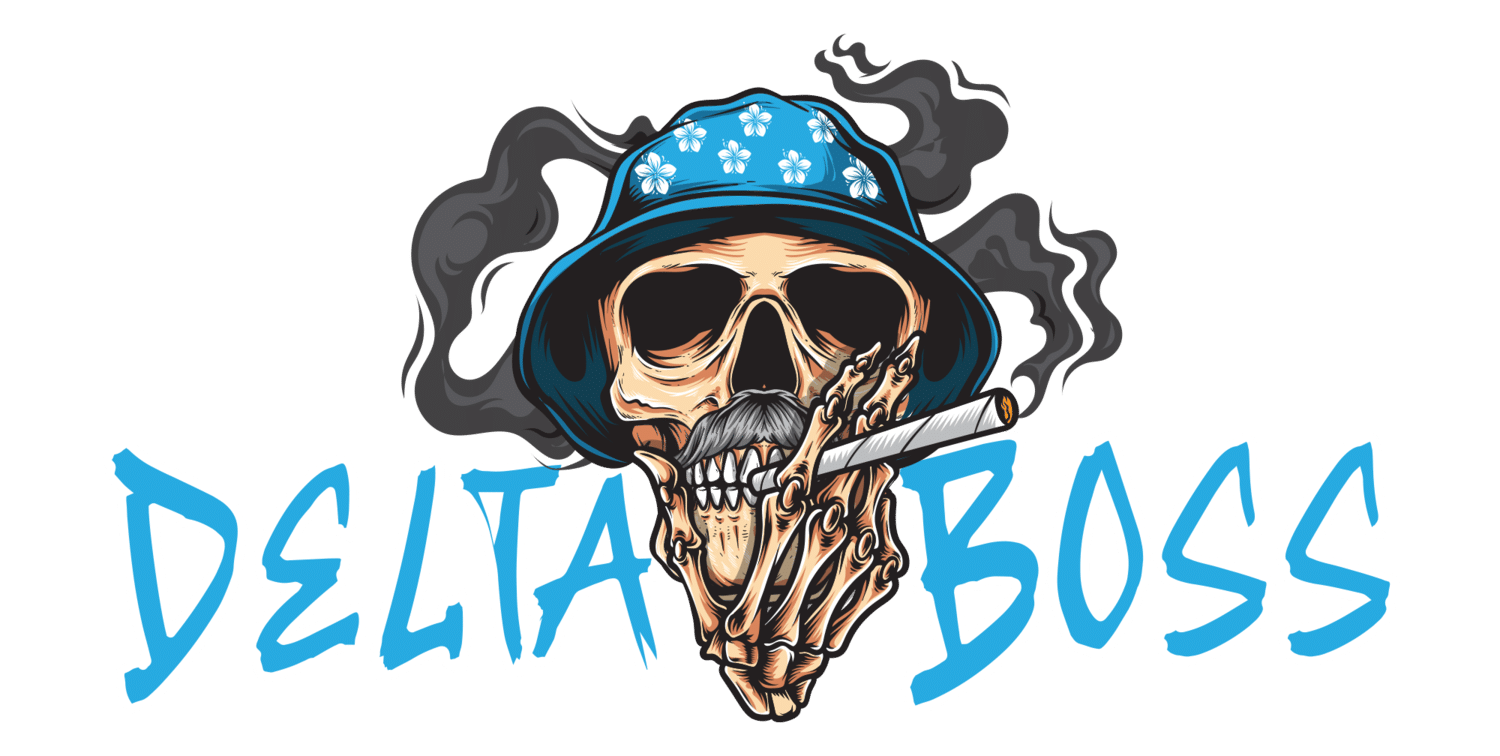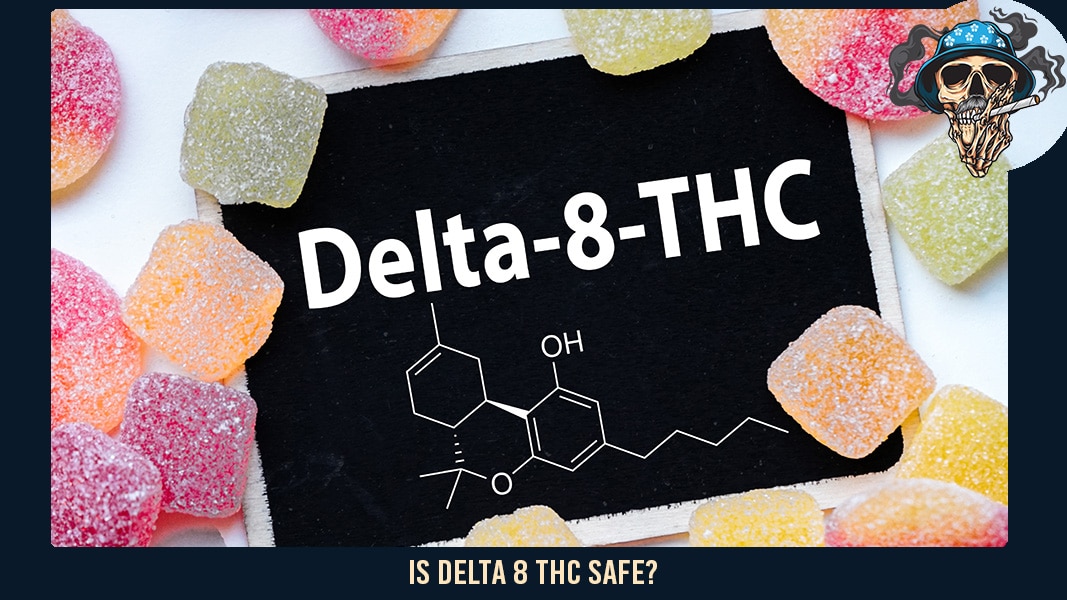Is Delta 8 THC Safe? Understanding the Risks and Realities
Is Delta 8 THC Safe? Understanding the Risks and Realities
Delta 8 THC has stirred significant interest and debate within the cannabis community and beyond. Known for its milder psychoactive effects compared to its more famous cousin, Delta 9 THC, Delta 8 THC is often marketed as a “legal high” in areas where traditional cannabis products remain regulated. But what do we really know about its safety? Here’s a comprehensive look at what science and regulations tell us about Delta 8 THC.
At Maha Kratom, we prioritize both environmental and product safety by ensuring our supply chain partners in Indonesia adhere to rigorous harvesting and environmental standards. Furthermore, our US manufacturing facilities strictly follow current Good Manufacturing Practices (cGMP) to meet stringent safety guidelines in the processing and handling of our products. This commitment to quality and safety is integral to our mission to provide customers with reliable, high-quality products.
What is Delta 8 THC?
Delta 8 THC is a cannabinoid found naturally in cannabis plants, but only in small amounts. Due to its scarcity, most Delta 8 THC available today is manufactured synthetically from CBD, which is derived from hemp—a process that has significant implications for both the legality and safety of the end product. The FDA has raised concerns regarding the methods used to produce Delta 8 THC, pointing out that synthetic processes can introduce harmful contaminants into the final product. Furthermore, there’s a notable lack of regulatory oversight, which means product quality and safety can vary widely.
Potential Benefits and Effects
Like other cannabinoids, Delta 8 THC interacts with the body’s endocannabinoid system, which plays a role in regulating a wide array of physiological processes. Users report that Delta 8 THC provides a calmer, more clear-headed experience compared to Delta 9 THC, along with fewer anxious feelings. These properties have made it particularly appealing to those who find Delta 9 THC too intense or who live in states where traditional cannabis is illegal.
Safety Concerns and FDA Warnings
The FDA has cautioned consumers about Delta 8 THC, highlighting several risks associated with its use. They note an increase in adverse events, including cases where individuals have experienced serious health effects from products claiming to contain Delta 8 THC. Mislabeling and contamination with other substances are significant issues, as products often contain different concentrations of Delta 8 THC or other harmful chemicals than what is stated on their labels. Additionally, the FDA underscores the need for more research to understand the full spectrum of effects and potential health risks associated with Delta 8 THC use.
In summary, while Delta 8 THC may appear as a promising alternative on the cannabis market, consumers must approach these products with caution. The lack of research and regulation around Delta 8 THC poses real risks, and the FDA urges consumers to be aware of these before deciding to use such products. For more detailed information on Delta 8 THC, consider reviewing the FDA’s guidelines and updates on cannabis-derived products here.
Contaminants and Mislabeling
One of the biggest safety issues with Delta 8 THC involves the potential presence of harmful contaminants. Due to the synthetic processes used to create most Delta 8 THC, there’s a risk of introducing heavy metals, solvents, or other toxic substances. Mislabeling is another significant issue, with some products containing much higher levels of THC than stated, leading to unintended intoxication.
Legal Status and Quality Control
The legal status of Delta 8 THC, which is technically legal at the federal level when derived from hemp, is complicated by significant variations in state laws. This legal inconsistency presents challenges in quality control and regulatory enforcement, making it difficult for consumers to find safe and reliable products. Maha Kratom’s strict adherence to cGMP standards in our U.S. operations reflects our commitment to maintaining the highest quality and safety standards despite the murky regulatory environment surrounding Delta 8 THC. This ensures that our customers receive products that comply with current regulations and are consistently safe and of high quality.
Safe Consumption Practices
For those who choose to use Delta 8 THC, several practices can enhance safety:
- Purchase from reputable sources: Look for companies, like Maha Kratom, that provide transparent third-party lab testing results for their products to ensure purity and potency.
- Start with a low dose: Due to variability in potency and individual sensitivity, it is advisable to start with a small dose and gradually adjust.
- Be cautious of drug interactions: Like other cannabinoids, Delta 8 THC can interact with various medications, potentially altering their effects. Consulting with a healthcare provider is recommended, especially for those with underlying health conditions.
The Need for Research
There remains a significant gap in comprehensive research regarding Delta 8 THC’s effects, safety, and long-term health implications. More scientific studies are needed to understand fully how Delta 8 THC interacts with the body and what risks it might pose.
While Delta 8 THC offers an appealing alternative for those seeking less intense effects than Delta 9 THC, it comes with its own set of risks and uncertainties. Until more stringent regulations and comprehensive research are in place, consumers should proceed with caution and make well-informed decisions about incorporating Delta 8 THC into their wellness routines.
For more detailed information and updates on Delta 8 THC safety, stay tuned to authoritative sources like the FDA’s consumer updates on cannabis-derived compounds.


